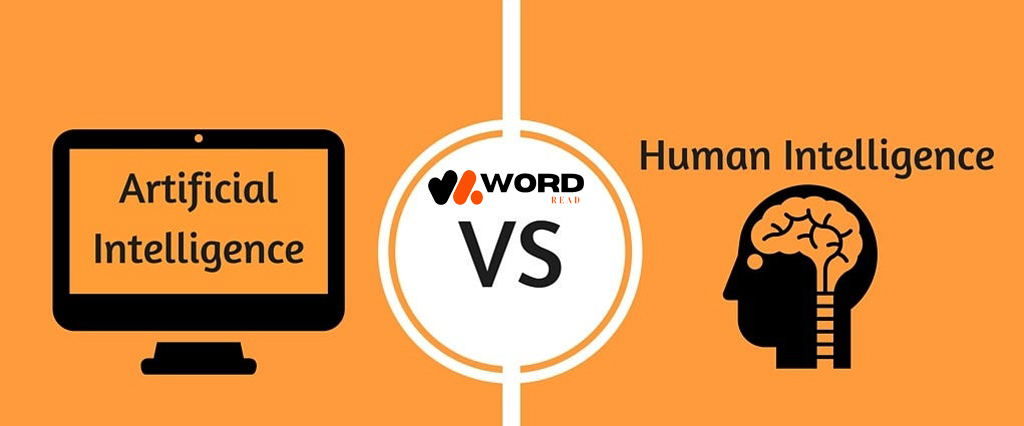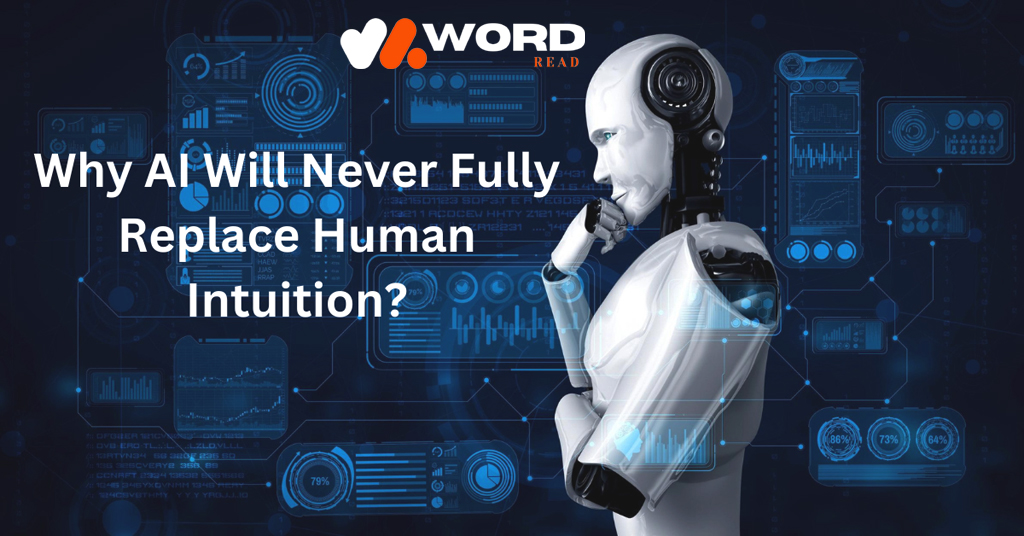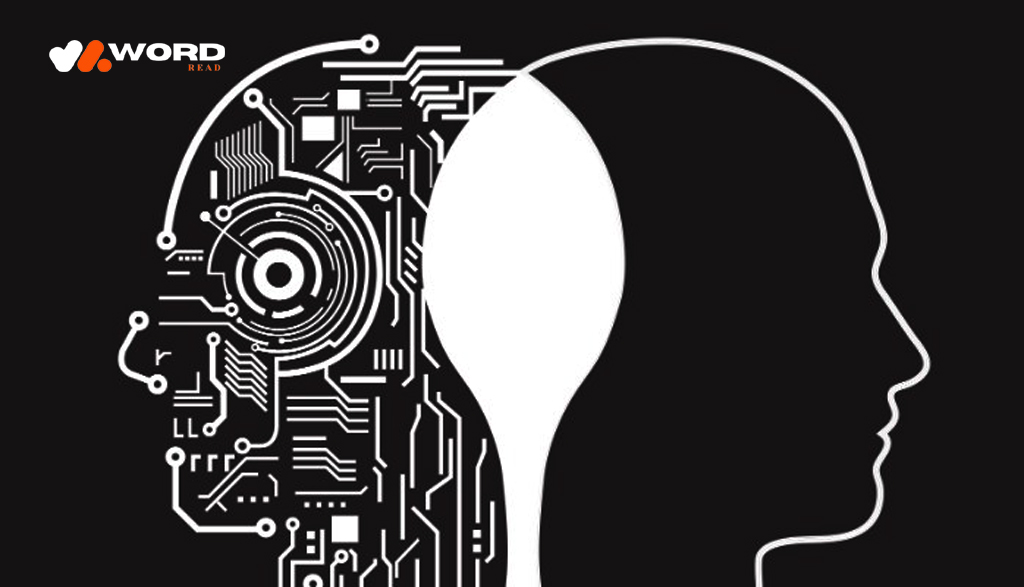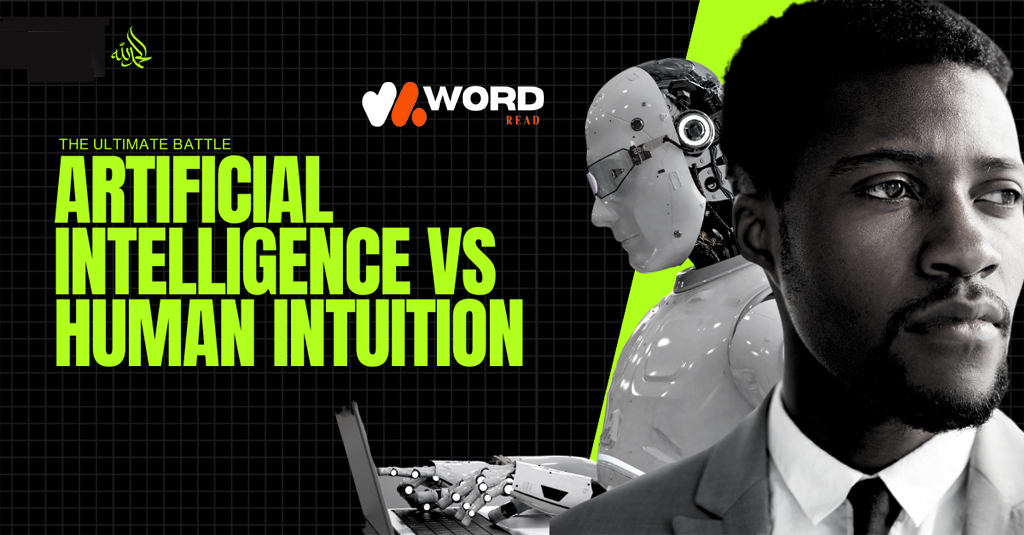AI Vs Human Intuition
The introduction of artificial intelligence (AI) has been one of the most significant innovations in recent years. Artificial intelligence (AI) has the ability to process massive amounts of data, identify patterns and make decision-making based on judgment. In contrast, human intuition is based on natural instincts, experience and creativity. The right balance between AI’s analytical power and human intuition is a challenge when introducing AI into business plans. The question is which strategy leads to greater success in e-commerce becomes even more essential in 2024.
Artificial Intelligence (AI):
The creation of computer systems that are able to carry out activities that normally require human intelligence is known as artificial intelligence or AI. The tasks cover language comprehension, learning, thinking, and problem-solving. Algorithms and huge data sets use AI systems to identify developments and generate forecasts.

Role of AI in business:
Artificial Intelligence is changing the business environment through enhanced planning, operational efficiency and consumer experience. Its primary function is to digitize routine tasks which enables companies to improve their business and lower the risk of human mistakes. AI-powered applications can handle any task including complicated computations and data entry. It significantly speeds up activities and saves expenses. As a result, human workers are able to concentrate on more strategic duties which promotes creativity and innovative problem-solving. Artificial Intelligence (AI)-driven automation has enhanced productivity and improved activities across various industries such as manufacturing, logistics and customer support.
AI is essential in decision-making by analyzing vast data in real-time, predicting trends and offering actionable insights. It aids businesses in marketing, finance and customer experience. This is done by analyzing customer behavior, optimizing advertising and predicting market movements. AI also enhances service delivery by handling queries 24/7 and personalizing products based on individual preferences. It also fosters loyalty and increases lifetime value.

Advantages of AI:
AI automates repetitive tasks and increases operational efficiency by reducing human error. It allows employees to focus on strategic and innovative activities.
AI enables businesses to use it for predictive analytics, informed decisions and better forecasting of market trends.
AI systems are helpful in customer service because AI-driven chatbots provide 24/7 support, increasing client happiness and reducing hiring requirements.
AI helps identify and detect security threats by analyzing transaction patterns and recognizing suspicious activity in real-time.
AI promotes innovation by enabling new products, services, and business models. It gives companies a competitive edge by staying ahead of trends, optimizing operations and providing personalized solutions.
Human Intuition:
Human intuition is a mystery and strong mental ability that enables people to make judgments based on feelings, emotional sensations, and previous experiences. It’s the “gut feeling” you have when choosing anything without considering a clear explanation.
emotional sensations, and previous experiences. It’s the “gut feeling” you have when choosing anything without considering a clear explanation.
Role of Human Intuition in business:
Human intuition is essential for supporting data-driven procedures and assisting decision-makers in challenging or unclear situations in business. They usually depend on past events or recognized patterns which creates gaps when dealing with new situations. A company leader’s intuition is based on experience, judgment and emotional intelligence. It helps them to make quick judgments and develop insecurity under these conditions.
Human intuition is crucial for creative problem-solving, innovation, and adaptability in marketing and branding. It allows individuals to think beyond the limitations of knowledge, profit on cultural trends, and inspire teams during crises. This balance between analytical reasoning and intuitive decision-making helps businesses stay successful.
Advantages of Human Intuition:
Human intuition enhances creative thinking and enables individuals to generate innovative solutions and innovations.
Human intuition is essential in uncertain or incomplete data, especially in volatile and rapidly changing environments where pre-programmed systems may not provide the necessary flexibility.
Human intuition understands human emotions, needs and behaviors that improves customer service, negotiation and leadership.
Human intuition is important in marketing, branding and public relations. It helps to connect with audiences on a personal level and highlights the importance of understanding cultural, social and emotional contexts.
Human intuition enables people to focus on long-term objectives rather than just the latest data and to see the broader picture.

Which drives better E-commerce Success in 2024?
The success of e-commerce in 2024 will depend on the combination of human intuition’s comprehensive understanding of customers with AI’s efficiency. AI is essential for optimizing processes, evaluating large datasets and accuracy in customized shopping experiences. Businesses become more scalable and efficient as a result of the automation of processes like fraud detection, inventory management and customer service.
On the other hand, human intuition still plays a critical role in identifying cultural changes, developing sincere connections with clients, and generating creative thinking. AI lacks the emotional capacity to manage complex customer demands and create engaging brand narratives. The space is satisfied by human intuition which provides insight into new market dynamics. It also creates experiences that emotionally connect with consumers.



1 Comment
Pingback: The AI-Driven Marketplace: How Smart Algorithms Are Revolutionizing Seller Strategies on Amazon, eBay, and Walmart - YOUR DAILY DOSE OF INSIGHTS